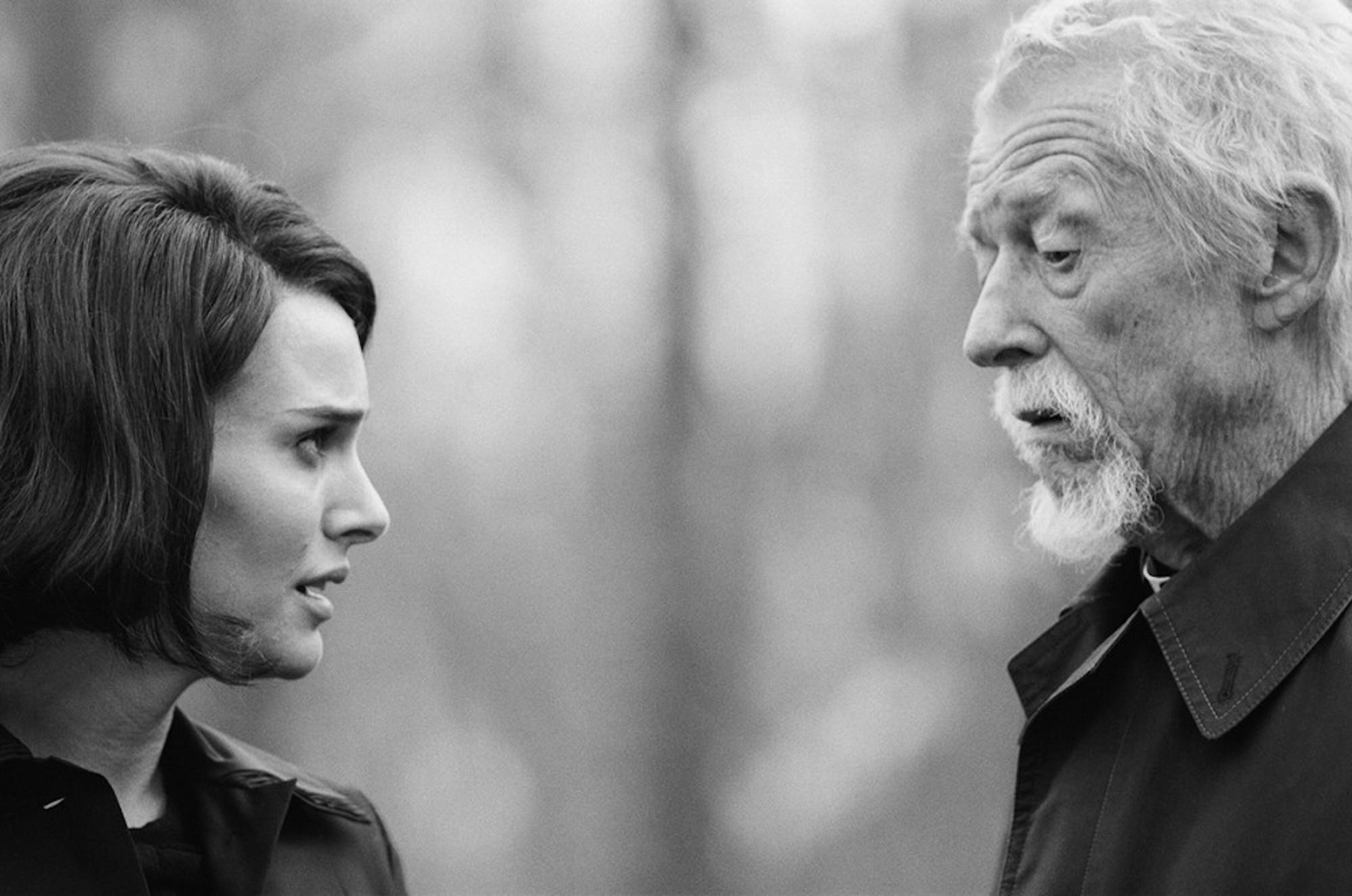When movie-goers got wind that Natalie Portman would be playing Jackie Kennedy — not yet Onassis — in Pablo Larraín’s “Jackie” (2016), there is no doubt they thought, “Well that makes sense.” Make no mistake: Nothing in her performance is conventional. She has outdone herself, if that is even possible.
“Jackie” was released on Dec. 2, just two weeks before “Neruda” (2016), Larraín’s second film of the year.“Neruda” centers around Nobel Prize-winning Chilean poet Pablo Neruda, which, given Larraín’s background as a Chilean filmmaker, seems like a more obvious choice than “Jackie.”Considering the experimental tendencies in his films, Larraín expressed some doubt when one of the producers, Darren Aronofsky, approached him about the film. But it is precisely Larraín’s distinct style that elevates “Jackie” to something more than a standard prestige biopic.
Screenwriter Noah Oppenheim, with previous works such as “Allegiant” (2016) and “The Maze Runner” (2014), makes an impressive leap with “Jackie.” He constrains the film’s timeline to a mere week after the assassination. The film takes a non-linear form as the devastating proceedings are intercut with two separate interviews with the first lady — one given during the 1962 White House Tour and the other with Life magazine a week after she became a widow.
The film opens with the latter interview, which quickly lays to rest any preconceived impressions audience members will undoubtedly bring with them. Portman’s Jackie is methodical and powerful. She is acutely aware of how important appearances are in political theater. She demands the final say in what Theodore H. White, played by a purposefully unlikable Billy Crudup, decides to include in the print copy of their interview. She taunts him by giving the gory details she knows he came for, only to deny any mention of it in the article. She's in charge and unapologetically so.
By jumping around the timeline, the film presents a careful balance between public and private personas. Portman's fine-tuning of both is mesmerizing. Due in large part to the decision to keep the majority of the film's frame in close-up and most often on her, every expression is magnified. Even in moments of silence, Portman is never passive. She weaves in and out of countless layers of grief. With each mask she takes off, it becomes clear that Portman might have just delivered the performance of her career. While Portman was initially hesitant in accepting the role, Larraín refused to direct the film without her, and it is very clear that his strong stance was worth it.
Other players such as Jackie's aide Nancy Tuckerman (Greta Gerwig) and even John F. Kennedy (Caspar Phillipson) himself are played in an understated fashion, which serves the film beautifully.
"Jackie" is full of aesthetic choices that make Larraín's work quite unnerving. Mica Levi, whose stage name is "Micachu," was chosen to compose the score.This is only the second film she's composed for, but she's proven herself a force to be reckoned with. She earned a BAFTA nomination for her previous work in "Under the Skin" (2013). Her work in "Jackie" is steady and creeps in and out of the moments that are hardest to watch with a play on strings that will raise the hair on anyone's neck.
There's hardly a moment in "Jackie" that allows for any ease. While the result is somewhat exhausting by the end, it feels appropriate. Any lighter moments throughout the film only make the grief weigh heavier. There is no escaping it, given that the camera hardly ever leaves her side. The effect is so devastating that it borders on voyeuristic.
What Larraín has done here is create a world in which Jackie is no longer an unreachable myth. The uncertainty regarding her identity was all her doing, and as depicted in the film, it was a rather obsessive task she took on in creating Jackie, the public figure. Instead of faulting her for this, however, the film acknowledges her dedication and intelligence in a way the many previous depictions of her in TV and film have not.
In a moment of self-reflection, Jackie states, “I believe that the characters we read about on the page end up being more real than the men who stand beside us.” Larraín grapples with this theme astutely, and it would serve everyone well to pay attention to his work going forward.
Larraín, Portman stun in 'Jackie'

Summary
"Jackie" is able to avoid biopic cliches with impressive direction by Pablo Larrain and an award worthy performance by Natalie Portman.
4.5 Stars





